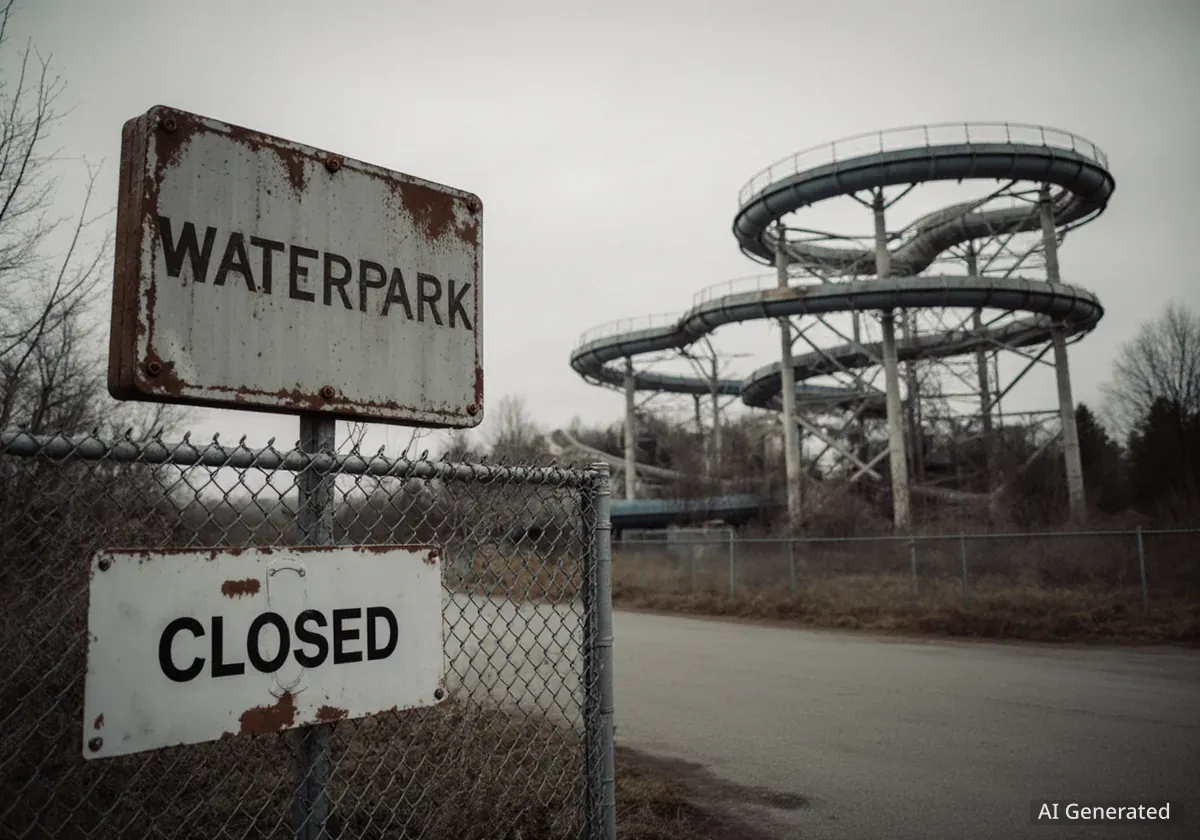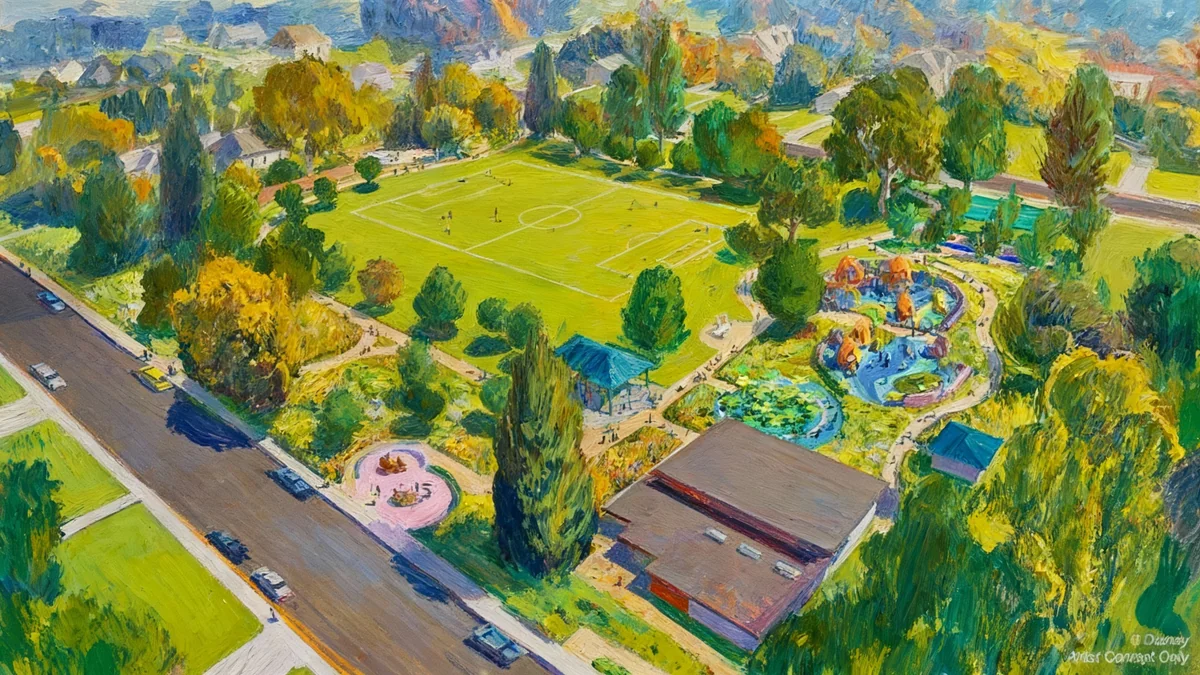The historic Hotel Pontotoc in Downtown Memphis has officially reopened following extensive renovations. The project aimed to preserve the building's 122-year history while introducing modern amenities. This reopening marks a significant moment for the local hospitality sector and the ongoing revitalization of Downtown Memphis.
Key Takeaways
- The Hotel Pontotoc, built in 1901, has completed a major renovation.
- Co-owner Joseph Lewis led the project, describing it as a passion.
- The reopening event included local officials and tourism leaders.
- The project highlights efforts to blend historical preservation with urban development.
A Century-Old Landmark Reimagined
The Hotel Pontotoc, a landmark structure in Downtown Memphis, has undergone a comprehensive renovation. The building, which first opened its doors in 1901, now offers a refreshed appearance while retaining its historical character. This effort involved careful planning and execution to ensure the integrity of the original architecture.
Joseph Lewis, a co-owner of the hotel, expressed his deep connection to the project. He described the renovation as more than just a business venture. For Lewis, it represented an opportunity to restore a building he admired since childhood in his hometown.
"When you take on a project that is 122 years old, it is not easy," Lewis stated, acknowledging the complexities involved in restoring such a historic property.
The Renovation Process and Challenges
Renovating a structure over a century old presents unique challenges. These include updating infrastructure to meet current standards while preserving historical elements. The project team focused on maintaining the building's original charm and architectural details.
The renovation work included structural improvements, interior redesigns, and the installation of modern facilities. These upgrades aim to enhance the guest experience and ensure the hotel's longevity. The goal was to create a space that respects its past while serving contemporary needs.
Did You Know?
- The Hotel Pontotoc was originally constructed in 1901.
- It is one of Downtown Memphis's most recognized historical buildings.
- Renovations of historic properties often require specialized construction techniques and materials.
Official Reopening Ceremony
The official reopening of the Hotel Pontotoc took place on September 30. A gathering was held outside the building, drawing attention from various local stakeholders. Attendees included Joseph Lewis, members of the Downtown Memphis Commission, and representatives from Memphis Tourism.
The event served as a celebration of the completed project and its contribution to the community. Speakers highlighted the importance of preserving historical assets and investing in urban renewal. The atmosphere reflected a sense of achievement and optimism for the hotel's future.
Community and Economic Impact
The reopening of the Hotel Pontotoc is expected to have a positive impact on Downtown Memphis. It adds another lodging option for visitors, potentially boosting tourism and local business activity. Historical renovations often attract visitors interested in culture and heritage.
According to local economic analysts, such projects contribute to job creation and increased local spending. They also enhance the overall appeal of a district, encouraging further investment. The hotel's return to operation signifies confidence in the Downtown Memphis market.
Downtown Memphis Revitalization
Downtown Memphis has seen significant revitalization efforts in recent years. These initiatives include new residential developments, commercial projects, and the renovation of historical buildings. The goal is to create a vibrant urban core that attracts both residents and tourists. The Hotel Pontotoc project aligns with these broader community development objectives, contributing to the district's ongoing transformation and economic growth.
Joseph Lewis's Vision and Dedication
Joseph Lewis's personal connection to the Hotel Pontotoc was a driving force behind the renovation. His commitment reflects a growing trend among developers who prioritize historical preservation alongside commercial viability. This approach often results in projects that resonate deeply with local communities.
Lewis's dedication to restoring his favorite building underscores the emotional investment involved in such complex ventures. Projects of this nature often require more than financial capital; they demand passion and a deep understanding of local history and culture. This personal involvement can lead to more authentic and impactful outcomes.
Future Prospects for the Hotel
With its new look and renewed purpose, the Hotel Pontotoc is poised to welcome guests and contribute to Memphis's hospitality landscape. The blend of historical charm and modern comforts aims to attract a diverse range of travelers. Its location in Downtown Memphis positions it well to benefit from ongoing urban development.
The hotel's management expects to draw both business travelers and tourists exploring the city's attractions. The successful renovation project sets a precedent for future historical restorations in the area. It demonstrates that preserving the past can go hand-in-hand with creating new economic opportunities.
- The hotel aims to provide a unique guest experience rooted in Memphis history.
- It is expected to draw visitors interested in the city's cultural heritage.
- The project showcases successful collaboration between private developers and local commissions.
The Hotel Pontotoc's reopening is a testament to the enduring appeal of historical architecture and the potential for urban renewal. It stands as an example of how careful renovation can breathe new life into old buildings, creating spaces that honor the past while serving the present.
The project highlights the increasing value placed on historical properties as unique assets in the competitive hospitality market. Investors are recognizing that properties with a rich history can offer a distinct advantage, attracting guests seeking authentic experiences. This trend supports the preservation of architectural heritage in cities across the country.





